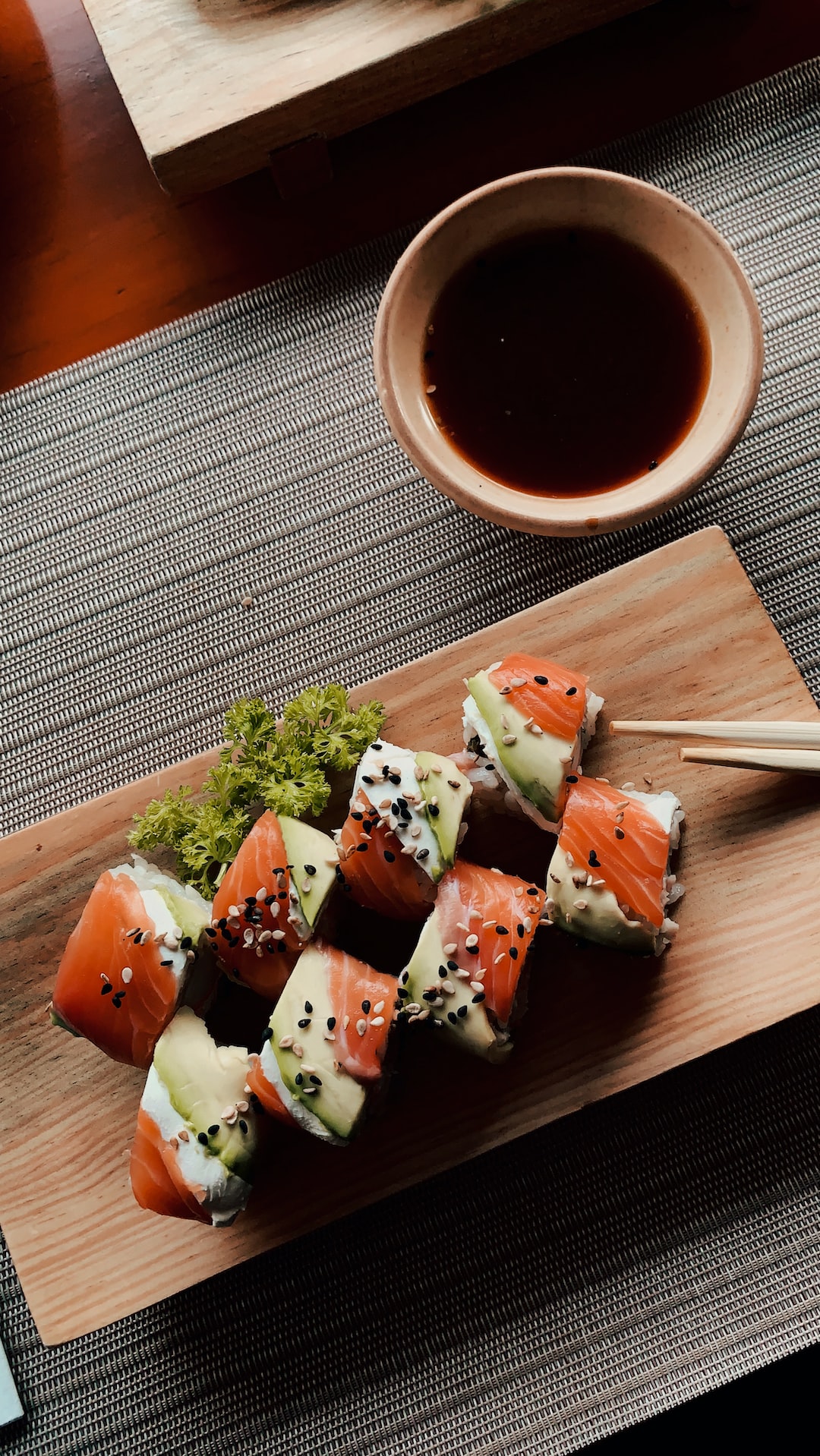Traditional Family Recipes: Preserving Culinary Heritage
Food has always been an essential part of our lives, not only for survival but also for the remarkable way it connects us to our past. Traditional family recipes, passed down through generations, hold a special place in our hearts as they not only satisfy our taste buds but also serve as a way to preserve our culinary heritage. These recipes are like hidden treasures, carrying the flavors of our ancestors and telling stories of our cultural backgrounds.
In today’s fast-paced world filled with pre-packaged meals and take-out options, it is easy to lose touch with our roots and forget the significance of traditional family recipes. However, taking the time to delve into the depths of our culinary heritage can be an enriching experience that allows us to connect with our cultural identity.
One of the most remarkable aspects of traditional family recipes is their ability to transcend time. These recipes have been passed down from generation to generation, surviving wars and migrations, and are a testament to the resilience of our culinary traditions. Each dish carries with it memories of grandmothers lovingly preparing meals in their humble kitchens, and families coming together to share a wholesome meal.
Through these recipes, we not only learn how to prepare delicious meals but also gain insights into the cultural values and traditions of our ancestors. For example, Italian families often have their own cherished pasta sauce recipes that have been perfected over generations. Making the sauce involves a slow simmer, using fresh ingredients such as tomatoes, garlic, and herbs. This tradition of slow cooking reflects the importance of patience, care, and dedication in the Italian culture.
Traditions and recipes also vary regionally, highlighting the diversity of culinary heritage. In India, for instance, each state has its own signature dishes that have been passed down for centuries. The diverse flavors, spices, and cooking techniques used in these recipes reflect the regional diversity of the country. By preserving and continuing these culinary traditions, we celebrate the rich cultural tapestry of our heritage.
Preserving traditional family recipes is not only about cooking and eating, but also about fostering connection and creating lasting memories. Cooking together as a family not only allows us to learn valuable skills but also provides an opportunity for bonding and storytelling. Gathering in the kitchen, sharing stories about our ancestors, and working together to recreate beloved recipes creates a sense of belonging and strengthens family ties.
Moreover, traditional family recipes have health benefits too. These recipes often rely on wholesome, seasonal ingredients, avoiding heavily processed foods. By incorporating these recipes into our modern lives, we can reconnect with nature and make conscious choices about the foods we consume. Traditional recipes also encourage mindful eating, as they are often meant to be savored slowly, appreciating the intricate flavors and textures.
In a society that is constantly evolving and embracing new trends, it is crucial to preserve these traditional family recipes to ensure that our culinary heritage lives on. They are not just recipes, but tangible links to our past, reminders of where we come from, and gateways to exploring our cultural origins.
So, dust off those recipe cards tucked away in the corners of drawers, or call up your grandmothers and aunts to share their treasured recipes. Let’s revive the traditions and flavors that have colored our lives and keep our cultural heritage alive. Let the aroma of spices and the taste of nostalgia fill our homes as we celebrate traditional family recipes and the culinary heritage that they represent.

